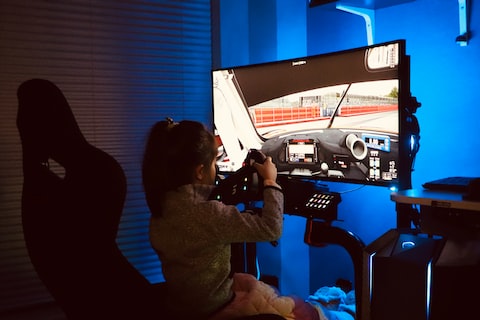Gaming is more than just a form of entertainment; it is a psychological and social phenomenon that has captivated millions of people worldwide. Understanding the psychology behind gaming can provide valuable insights into player motivations and behavior, shedding light on why gamers are so engrossed in their virtual worlds.
One of the key factors driving the popularity of gaming is the ability for players to experience a sense of achievement and progress. Whether it’s leveling up, unlocking new abilities, or completing challenging quests, these accomplishments tap into the intrinsic human need for mastery and accomplishment. This sense of achievement helps to fuel motivation and encourages players to continue playing.
Another important aspect of gaming psychology is the concept of escapism. Many gamers turn to virtual worlds as a means of escaping the stresses and pressures of everyday life. Within these alternate realities, players can temporarily leave behind their real-world responsibilities and immerse themselves in a captivating fantasy realm. This escapism provides a sense of relaxation and emotional release, making gaming an attractive form of stress relief.
Social interaction is also a significant motivator for gamers. Online multiplayer games allow players to connect with others who share similar interests, creating virtual communities and fostering a sense of belonging. This social aspect of gaming can be especially appealing to individuals who may struggle with social anxiety or have limited offline social interactions.
Furthermore, the element of competition plays a crucial role in gamer motivation. Competitive gaming, such as eSports, has gained immense popularity in recent years. The desire to excel, prove one’s skills, and achieve recognition in the gaming community motivates many players to continually strive for improvement.
As technology advances, the immersive qualities of gaming continue to evolve. Virtual reality (VR) gaming, for example, offers players a whole new level of realism and immersion, further enhancing the psychological appeal of gaming.
In conclusion, delving into the psychology of gaming provides valuable insights into player motivations and behavior. From the desire for achievement and escapism to the importance of social interaction and competition, understanding the psychology behind gaming can help game developers create more engaging and immersive experiences that resonate with players of all ages.

